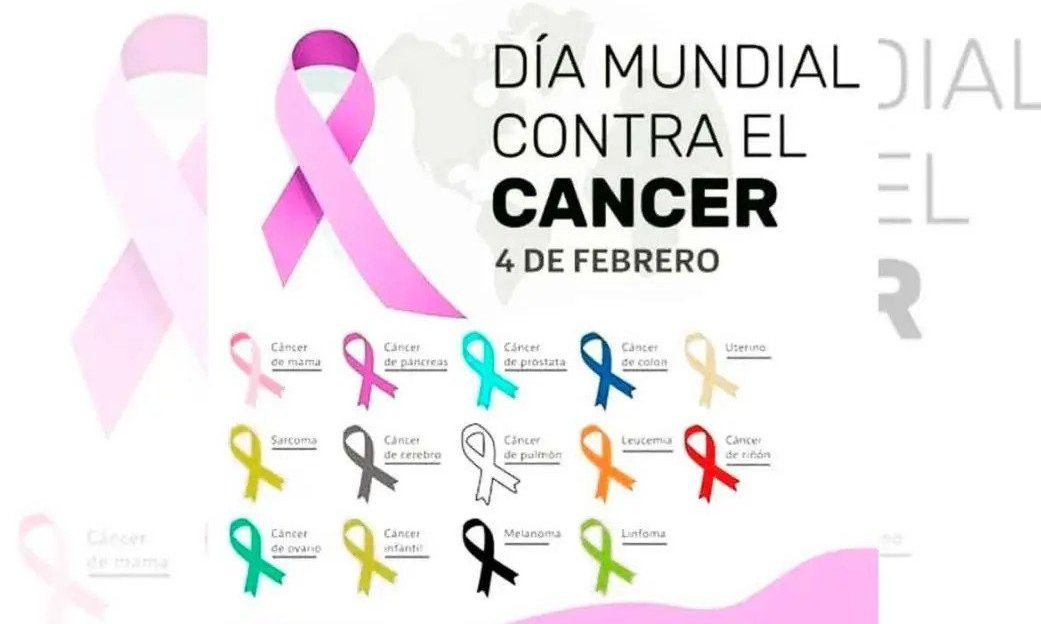
World Cancer Day 04-02-2022
By: Fátima Mejía
Many people with cancer do not know that there is a field of work within Psychology focused on cancer patients and their families.
This article specifies 10 benefits of psychological help for cancer patients.
Psychological help for cancer patients
Emotional discomfort is normal when you have cancer, or when a close relative lives with the disease. That before cancer a person is sad, has anxiety or asks many questions, is not pathological in likewise. Some people in this situation feel that they have sufficient resources to deal with it, or think that this does not prevent them from carrying out the activities of daily life excessively. In other people these symptoms are more severe. About half of people with cancer have symptoms of anxiety, depression, and emotional discomfort Psychological help for cancer patients is aimed at people with significant emotional discomfort or significant impairment of daily life or personal relationships. The benefits of psychological help for cancer patients can be explained according to the stage of the disease or according to the specific problems that affect each person. There are only 10 on this list, but in reality, there can be many more:
Dealing with the diagnosis
It is difficult. Knowing that you have this disease opens the door to important changes in self-image, future prospects, daily routines, etc. Many people are afraid of treatment and that it will not work. They also worry about how their family will live it. The most common reactions are fear, sadness, anger, and uncertainty.
Coexisting with treatment
The treatment can be long and combine various modalities (surgery, chemotherapy, radiation therapy, immunotherapy, etc.). Sometimes, it causes side effects, the most common being fatigue, vomiting, hair loss and an increased risk of infections. From psychology we give tools that help reduce their impact (relaxation, visualization) We also support to maintain the quality of life and prepare important questions to ask the doctor.
Making decisions
Decisions need to be made about whether to quit (or not) work, how to talk about cancer with children, how future plans should change - which are often forgotten - etc. Psychological help provides an assessment of the pros and cons of each option to be chosen, taking into account that circumstances can change.
Managing Family Changes
Cancer changes everything. Things that were part of normalcy suddenly get altered. In addition, the rest of the family may also suffer from their loved one's cancer. It is explained to family members that their suffering is as top priority as that of the person who has cancer. And together with the patient, we seek ways to facilitate the changes that are emerging, so that they become an aid for therapy and well-being.
Facilitating family communication
It is common for the patient to want to talk about something that concerns him/her (pain, death, etc.) and family members reject it because they do not know how to deal with it, or the other way around. Or that certain things be silenced, which end up affecting personal relationships. Sometimes the family doesn't know how to help. We help facilitate respect-based communication and express to each person what they need. All this contributes to improving the family climate and resolving possible tensions.
Addressing the issue with friends
Friends are an important source of social support. But there are cancer patients who want to keep the disease a secret. Sometimes you have to learn to respond appropriately to unwelcome comments and morbid curiosity. Help at this point consists of providing assertiveness tools: knowing how to respond to positive and negative requests while maintaining respect and dignity.
Going back o normalcy
"From the outside" it seems that when a person is discharged, their worries disappear. But that’s not always true. It's definitely good news, but sometimes it's scary to lose touch with doctors. It is possible that the fear will appear, before any small symptom, of having relapsed into cancer. From psychological help we understand that the return to normalcy is slow and progressive. And some things may have changed forever: the self-concept or the vision of life. In addition, emotional discomfort can be maintained, even if the cancer is cured.
Coping with relapse
Some people suffer from cancer recurrence. And this is lived with great frustration and a feeling of defeat. At this point, patients may be afraid that therapy will no longer work. Psychological support is important in cancer patients and their families, feel free to seek professional help.

